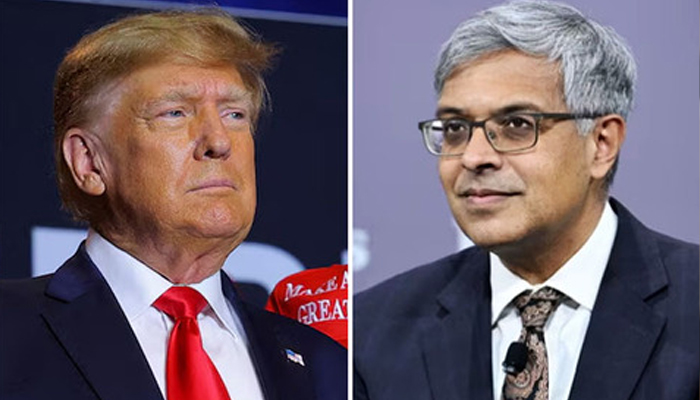
President-elect Donald Trump has decided to appoint Dr Jay Bhattacharya as the next director of the National Institute of Health (NIH).
Announcing the new appointment, Trump wrote in a statement: “Together, Jay and RFK Jr will restore the NIH to the Gold Standard of Medical Research as they examine the underlying causes of and solutions to America’s biggest health challenges, including our Crisis of Chronic Illness and Disease. Together, they will work hard to Make America Healthy Again!”
A Stanford University health researcher, Bhattacharya is widely known for his opposition to the lockdown when COVID-19 made its wave in the US, according to NPR.
He co-authored the “Great Barrington Declaration”, an open declaration of opposing the widespread lockdowns and asked for focused protection for vulnerable groups such as the elderly.
His nomination requires Senate confirmation, and if he earns it, he will take charge of an institution that has more than 18,000 workers and funds nearly $48 billion for scientific research through over 50,000 grants to more than 300,000 researchers in over 2,500 educational institutes.
It is evident that Bhattacharya will hold significant power and could affect the future of medical science. His nomination has been denounced by several public health experts, including a virologist at the University of Saskatchewan in Canada, Angela Rasmussen.
“I don’t think that Jay Bhattacharya belongs anywhere near the NIH, much less in the director’s office,” she said.
“That would be absolutely disastrous for the health and well-being of the American public and actually the world,” she added.
NIH is also threatened by Trump as during his first term in the White House, he had proposed cutting the agency’s budget. It also came under heavy opposition during the COVID pandemic from some Republicans towards long-serving NIH officials like Dr Anthony Fauci and Dr Francis Collins who was director of NIH from 2009 to 2021.